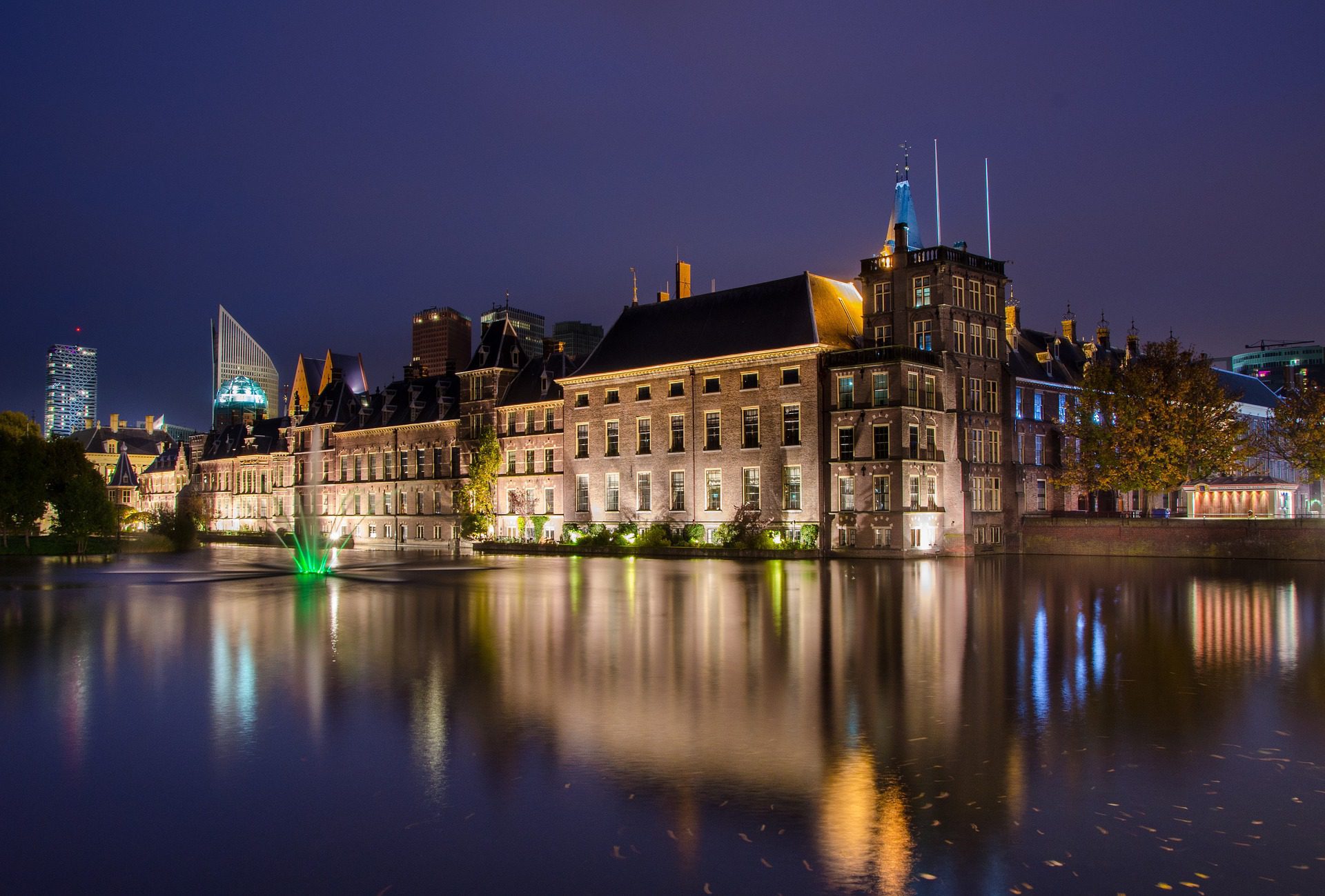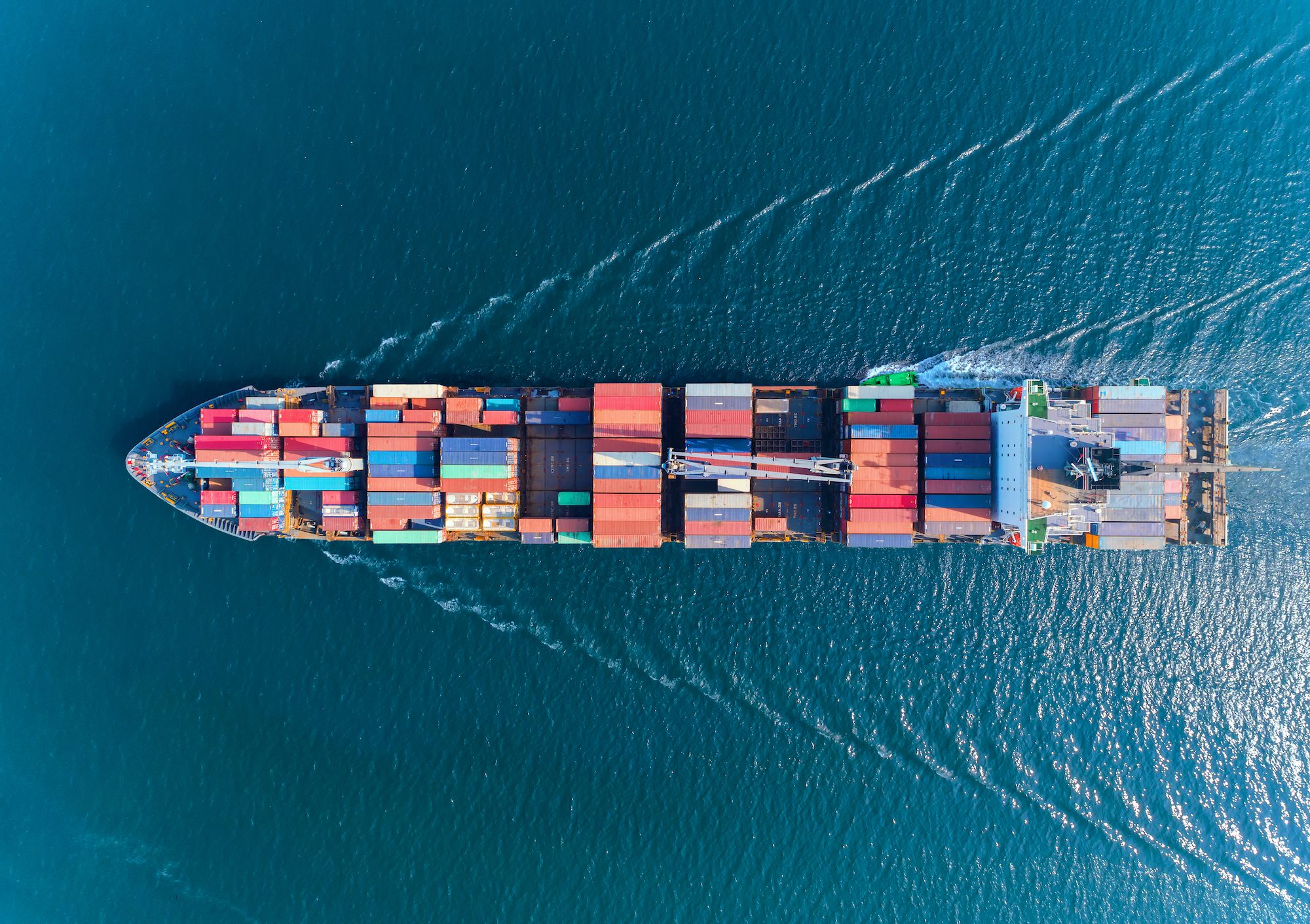MSTERDAM, July 1 (Reuters) – An advisory panel in the Netherlands has told the government to acknowledge that the 17th-19th century transatlantic slave trade amounted to crimes against humanity, and to apologize for the Dutch role.
The independent panel, whose recommendations are not binding, was set up following protests over the murder of George Floyd, an African-American in police custody in the United States.
It noted that Dutch people’s knowledge of the country’s colonial past is weak and recommended it be taught in schools.
“History cannot be turned back,” chairwoman Dagmar Oudshoorn said in a summary of the panel’s findings.
“However it is possible to state the intention that this historical injustice … whose ill consequences are still being felt today, be corrected as far as is possible, to make that the starting point of policy.”
After Floyd’s killing last year, Prime Minister Mark Rutte acknowledged that racism and discrimination were also a problem in the Netherlands and his government helped to set up the independent panel.
However, as he faces the delicate task of reconciling polarized views in the Dutch population, he said his government would not apologize for slavery because it was not his place to pass judgment on Dutch history and doing so would further divide opinion.
While many Dutch view sea captains of centuries gone by as heroes, they are less aware of the role played in the slave trade by the Dutch West India Company – an important source of the Netherlands’ early national wealth.
The company operated a chain of fortresses in modern Ghana and historians estimate Dutch traders shipped more than half a million enslaved Africans to the Americas, mostly to Brazil and the Caribbean.
Though slavery was banned in Holland, it was only abolished in then-Dutch colonies, including Suriname, as late as 1863.
Around 50% of Dutch people of Surinamese or Antillean ancestry reported having experienced discrimination in 2018, figures published by the country’s Central Bureau for Statistics found. (Reporting by Toby Sterling; editing by Barbara Lewis)
(c) Copyright Thomson Reuters 2021.

 Join The Club
Join The Club












